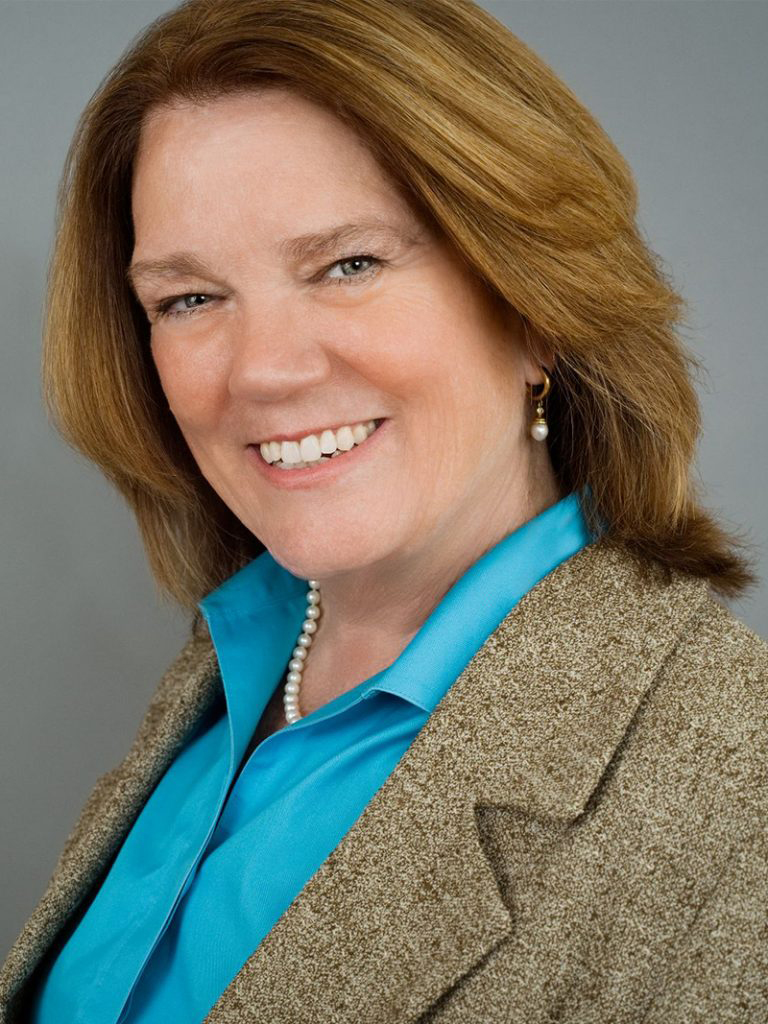4 Pillars to Financial Legacy Planning
You are living your legacy every day! This is what is really meant by the phrase ‘legacy planning’. The traditional concept of legacy planning is a financial strategy that helps people prepare to pass on their assets to loved ones after death. At Morris Financial Concepts, Inc., we believe that your legacy is created every day, not simply when you pass away. In this article, we delve into a more intentional and mindful process for legacy planning called legacy living, so that you can live yours in a meaningful way.
Living Your Legacy: A Better Approach to Legacy Planning
What Is Legacy Living?
Your legacy is something that is cultivated throughout your life – you are living it each and every day. What a powerful statement! How you interact with people, how you share and mentor
others, and how you demonstrate your love for others and your community are all part of your legacy. That being said, you are in control of your legacy right now, and with some mindful and
creative thinking, it can be captured in what you leave behind.
The Merriam-Webster dictionary defines “inheritance” as “the acquisition of something from the past that is still important or valuable.” Notice the choice of words, important and valuable. In his article “How Much is Enough?,” Timothy Belber, principal of the Alchemia Group in Denver, wrote “A real inheritance isn’t defined in financial terms. Rather it is supported by financial assets.” In implementing this financial philosophy, Mr. Belber came up with four questions to help people define what is, in fact, truly important and valuable to them.
How to Incorporate Legacy Living into Your Planning
To fully understand how financial assets can be effectively used to enhance and exemplify what we believe to be valuable and important, we must first understand those ideals. As you are exploring these concepts, use Mr. Belber’s questionnaire to help you:
1 – What do you want others to think and say when they hear your name?
Exploring this question is the first step in defining your ideals. Answering honestly will help you to broadly define your values and what you deem as important. You might want people to think of you as someone who:
- Supports and provides education for others
- Encourages others on their journey to physical, emotional, mental, and spiritual wellness
- Takes care of the planet and natural resources
- Impacts the community as an entrepreneur
Any of these roles can define your legacy; the possibilities are endless. No matter your answer, it should be completely personalized to you! With this first question, you have begun your foundation that should help you make further life actions that correlate with your financial decisions.
2 – What would you like yourself and every loved one to have?
In other words, what do you believe are the necessities? Are you concerned about your own
necessities, or do you know any loved ones that are lacking them? Again, this is a
part of the groundwork and foundation for living your legacy and developing your legacy planning. While your answers to these questions may not be identical to those from the first question, they should not contradict them either. When it comes to basic resources, a few common themes are:
- Having a safe place to live
- Maintaining independence in old age to avoid being a “burden”
- Promoting good health with food and clean water
- Having access to quality medical care
- Providing early childhood care, education, and development support
- Being mindful to conserve and give back to the environment
3 – What opportunities would you want your loved ones to have?
With these first 2 questions, you’ve laid a baseline by exploring the big picture and
then defining what necessities are important for your wellbeing and for those you cherish. Now, you are ready to go to the next step and have a little bit of fun as you do. What do you enjoy most in life, and how can you share opportunities that fulfill others’ goals and aspirations?
For example, one of the opportunities I want to provide for my granddaughter, Georgie, is to take a trip to South Africa together when she is 10. We have always wanted to visit Thabu, a chimpanzee that we adopted at a Jane Goodall Preserve. This accomplishes so many of my desires – travel, experiences, culture, and cherished memories for a lifetime. With a mindful financial planning strategy in place, I am happy to say that I am on track to achieve this long-term goal.
Other ideas for answering this question could be:
- Getting a strong education
- Traveling the world
- Volunteering at charities
- Starting a business
- Work that fulfills a calling
With this list of opportunities, you should be able to see a theme developing. Your answers to this question should dovetail your previous two.
4 – If the world is to be a healthy place with healthy people in it, what do you think is needed?
To me, this question is synonymous with how to make the world a better place. It is one that directs you towards giving back to society, whether that be through non-profits, charities, or other community development organizations. Now, let’s explore why you want to give back. Are there any causes that are near and dear to your heart? Support them! Here are a few ideas to help you brainstorm:
- Strengthening integral family units
- Helping make a strong education system available to all
- Making an effort for wildlife conservation and environmental preservation
- Providing your community with green spaces, parks, and other facilities
- Helping your community grow and embrace diversity
- Making nutritious and delicious food more accessible for all
- Promoting the importance of faith and religion
When it comes to making the world a better place, there are so many ways to help. Read our blog on how to donate responsibly to a cause you are passionate about.
What’s Next?
Keep in mind that each of your answers supplies the ingredients needed to complete the whole recipe. Take a moment to see how they all fit together, paying attention to the themes and patterns that weave throughout. As you go about your daily life and face making decisions about how to spend your time and financial resources, ask yourself: does this fit in my theme? Should I be doing this or using my resources or financial assets this way?
Each of our lives is a gift and has the potential to impact the lives of others. These questions and the entire exercise are designed to create mindfulness and a methodology to live your legacy and make your impact meaningful. You should also meet with a fiduciary advisor to take another look at your estate documents, wills, and trusts to ensure they portray the spirit of your values. This helps fulfill your whole legacy planning through legacy living.
Morris Financial Concepts, Inc. has adopted these questions into our own financial planning and estate planning process. We can help you with exploring these questions and taking them to the next level so that your resources and financial assets are working in sync with your life goals. Contact us to meet with an experienced fiduciary advisor today.
About the Author

Kyra Hollowell Morris is a fiduciary advisor in Charleston SC, and Founder of Morris Financial Concepts. Kyra values people, seeking to create an empowered, abundant life for her clients using her ability to match a person’s desires with their overall resources. Ms. Morris enjoys her own empowered, abundant life with her husband, Rob; her 3 sons: Tucker, Bobby, and Gable; and 2 grandchildren. She is a fourth-degree blackbelt in Karate and participates in sprint triathlons and half marathons. Kyra also enjoys exploring and experiencing the world through food and travel.
The questions and the process discussed in this article were originally provided by Timothy Belber at a Financial Planning Association Retreat with permission to reuse them. The opinions expressed herein are those of Morris Financial Concepts, Inc. (“MFC”) and are subject to change without notice. This material is for informational purposes only and should not be considered investment advice. All investing involves risk, including the possible loss of money you invest, and past performance does not guarantee future results. MFC relies on information from various sources believed to be reliable, including third parties, but cannot guarantee the accuracy and completeness of any third-party information. MFC is an independent investment adviser registered under the Investment Advisers Act of 1940, as amended. Registration does not imply a certain level of skill or training. More information about MFC including our investment strategies, fees, and objectives can be found in our ADV Part 2, which is available upon request. MFC -20-27.


